Gifting has never been easier
Perfect if you're short on time or are unable to deliver your gift yourself. Enter your message and select when to send it.


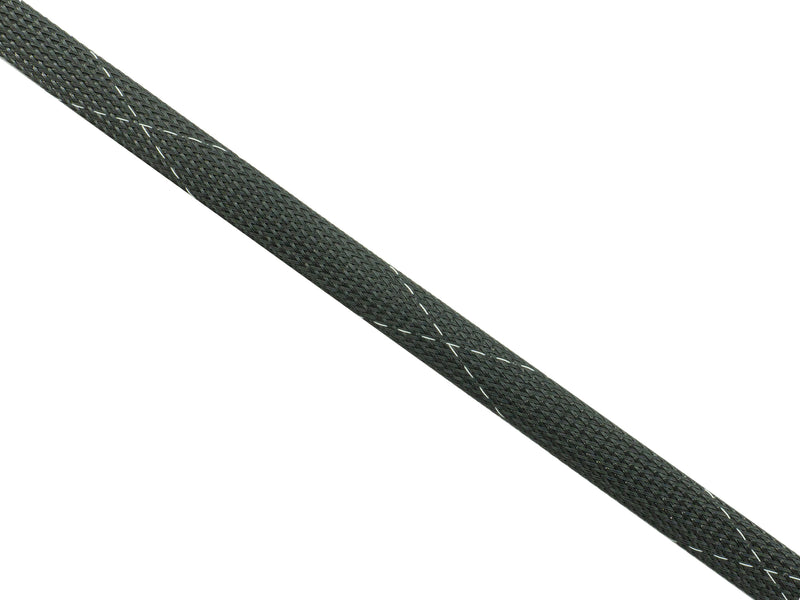
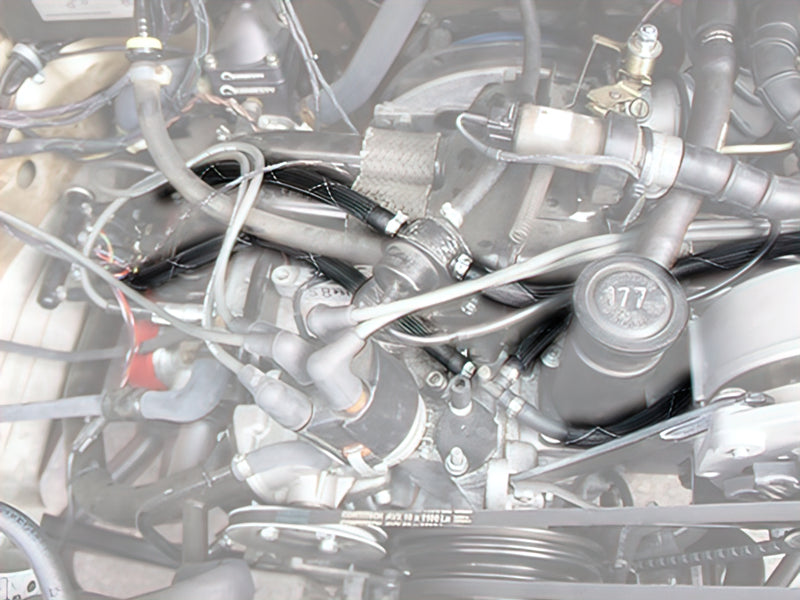
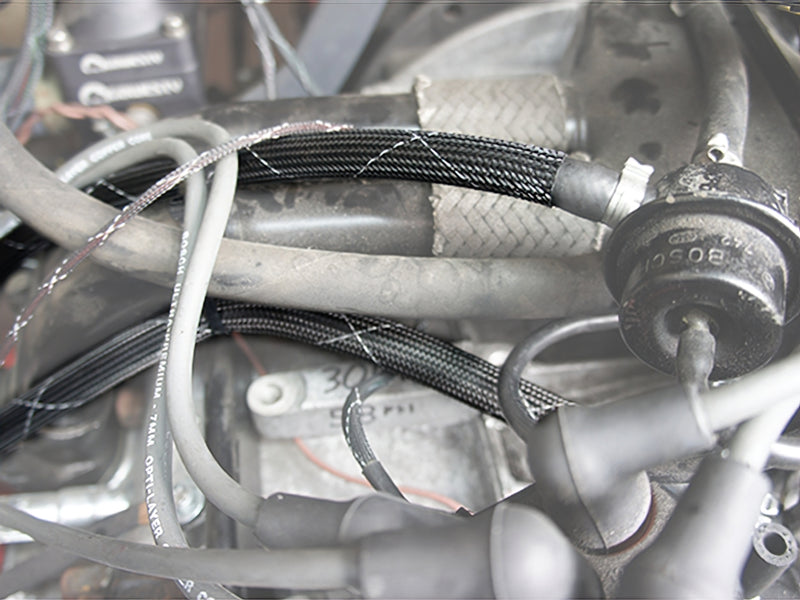
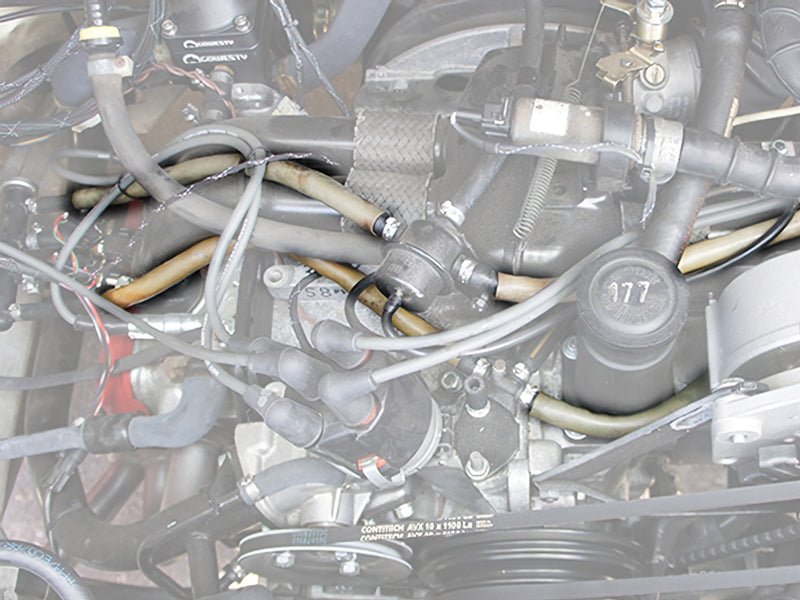


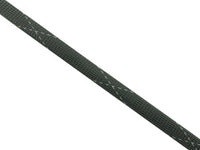
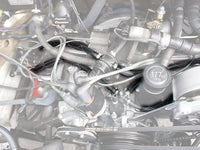
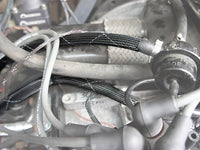
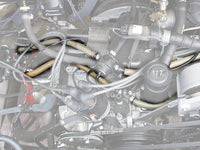
| Product: | FUELLINE-SLEEVE |
|---|---|
| Works With: | 1975-1991 |
| Manufacturer: | GoWesty |
| Restock ETA: | |
| Availability: | |
| Difficulty: |

Requires some hand & power tools and minimal mechanical knowledge. |

Volkswagen installed plastic sleeves over some of the fuel lines that run through the engine compartment, and there has always been some speculation as to why. Our analysis is that it is for abrasion protection ONLY. These sleeves were constructed of plastic, so heat clearly wasn't a design consideration. They are open at both ends, which would exacerbate any issues of fluids dripping on them, as the sleeve would hold anything that ran down inside against the hose rather than letting it drip away or evaporate. This leaves abrasion as the primary concern.
We sourced some really nice expandable sleeve material that is rated for use in engine compartments, is flame retardant, is resistant to oils and fuels, has a more-than-adequate temperature rating, and is very affordable.
Each kit contains five (5) 15" lengths of sleeve. One each for the four lines running to the fuel rails and one for the input hose from the firewall to the T-fitting, just like the stock ones. The stock ones were all slightly different lengths, but 15" works well for all locations. Simply slide them onto the end of your fuel hoses when you are installing them and position them so they protect any potential chaffing points. Zip ties are typically not needed but are included as optional insurance against the sleeves shifting around—and so that the ends stay nice and tidy.
Fits: All Bus & Vanagon with fuel-injection
Nice to have a little extra protection on the new fuel lines running all over the engine bay. Cheap insurance.
Well needed. Thanks
Product looks great and came when promised!
Super important on T3 Vanagons...replaced without a hitch
Good deal
 Handy
—
Requires some hand & power tools and minimal mechanical knowledge.
Handy
—
Requires some hand & power tools and minimal mechanical knowledge.

Plug 'n' Play — Requires no or basic hand tools and no mechanical knowledge.

Handy — Requires some hand & power tools and minimal mechanical knowledge.

DIY — Requires a full tool set and broad mechanical knowledge.

Pro — Requires professional-level tools, talent and experience.
![GoWesty Fuel Injection Component Replacement Kit [Vanagon]](http://gowesty.com/cdn/shop/files/GVW-EFI_for_CARB_10_30_2025.jpg?v=1761857681&width=500)
![Fuel Line Replacement Master Bundle [Vanagon 2WD]](http://gowesty.com/cdn/shop/files/FUELLINE-MASTER-BUNDLE_2026.jpg?v=1771282301&width=500)
![Throttle Valve Housing (Digifant/Digijet) [Vanagon]](http://gowesty.com/cdn/shop/files/GVW-TB-DF-N_main_spring.jpg?v=1750110406&width=500)
![Fuel Tank Saddle and Strap Set (Stainless) [Syncro]](http://gowesty.com/cdn/shop/files/251-201-600-GW_main.jpg?v=1737485357&width=500)
![Engine Compartment Wiring Harness [Late Vanagon]](http://gowesty.com/cdn/shop/products/251-971-071FMMAIN1.jpg?v=1657552999&width=500)
![Fuel Pressure Regulator [Watercooled Vanagon]](http://gowesty.com/cdn/shop/products/0-280-160-205.jpg?v=1652292080&width=500)
![Engine Fuel Hose Replacement Kit [Bus/Vanagon]](http://gowesty.com/cdn/shop/products/GVW-FUELLINE2023V2.jpg?v=1771282301&width=500)
![Sending Unit Service Kit [Syncro]](http://gowesty.com/cdn/shop/files/SYNCRO-SENDER-KIT_main.jpg?v=1742486407&width=500)

![Signal Filter for Air Flow Meter [Late Vanagon]](http://gowesty.com/cdn/shop/files/GVW-025-906-302A_no_shrink.jpg?v=1721865179&width=500)
![Fuel Filler Plastic Panel Housing [Syncro]](http://gowesty.com/cdn/shop/products/full_19e363710c2033ed13ed875700399732.jpg?v=1647297561&width=500)
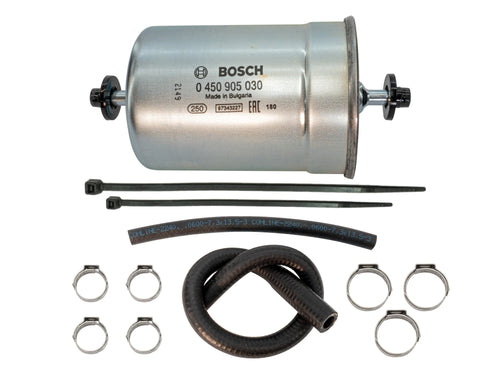
![Fuel Hard Line Replacement Kit [2WD Vanagon]](http://gowesty.com/cdn/shop/files/FUELLINE-HARDLINE-BUNDLE_2026.jpg?v=1771282444&width=500)
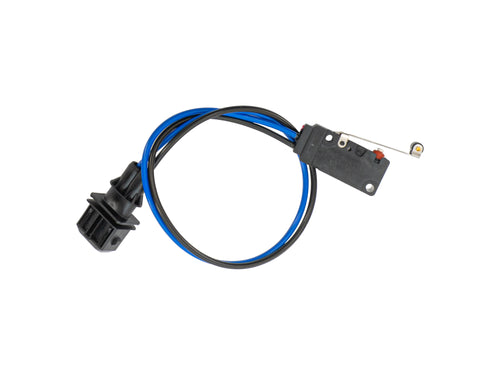
![Fuel Line Replacement Master Bundle [Vanagon 2WD]](http://gowesty.com/cdn/shop/files/FUELLINE-MASTER-BUNDLE_2026.jpg?v=1771282301&width=500)
![Fuel Tank Saddle and Strap Set (Stainless) [Syncro]](http://gowesty.com/cdn/shop/files/251-201-600-GW_main.jpg?v=1737485357&width=500)
![Fuel Pressure Regulator [Watercooled Vanagon]](http://gowesty.com/cdn/shop/products/0-280-160-205.jpg?v=1652292080&width=500)
![Engine Fuel Hose Replacement Kit [Bus/Vanagon]](http://gowesty.com/cdn/shop/products/GVW-FUELLINE2023V2.jpg?v=1771282301&width=500)
![Sending Unit Service Kit [Syncro]](http://gowesty.com/cdn/shop/files/SYNCRO-SENDER-KIT_main.jpg?v=1742486407&width=500)
![Fuel Filler Plastic Panel Housing [Syncro]](http://gowesty.com/cdn/shop/products/full_19e363710c2033ed13ed875700399732.jpg?v=1647297561&width=500)

![Fuel Hard Line Replacement Kit [2WD Vanagon]](http://gowesty.com/cdn/shop/files/FUELLINE-HARDLINE-BUNDLE_2026.jpg?v=1771282444&width=500)
![Filler Neck Grommet – Body to Fuel Cap (Viton) [Syncro]](http://gowesty.com/cdn/shop/files/GW-251-201-939A-FKM.jpg?v=1764783502&width=500)
![Fuel Hard Line - 6mm (13 Feet) [2WD Vanagon]](http://gowesty.com/cdn/shop/files/FUELLINEHARDLINE_2026.jpg?v=1771282314&width=500)
![Fuel Filler Neck Grommet [Metal to Plastic Neck]](http://gowesty.com/cdn/shop/products/full_505dd15efca2d2c3784e3c31b21eb8d2.jpg?v=1647297546&width=500)

![Fuel Line Adapter/Fitting Kit [2WD Vanagon]](http://gowesty.com/cdn/shop/files/FUELLINE-ADAPTER-KITnewqty.jpg?v=1771282301&width=500)
![Firewall Grommet - Fuel Return Side [2WD Vanagon]](http://gowesty.com/cdn/shop/files/FIREWALL-FUELLINE-RETURN-GROMMET.jpg?v=1771282301&width=500)
![Firewall Grommet - Fuel Feed Side [2WD Vanagon]](http://gowesty.com/cdn/shop/files/FIREWALL-FUELLINE-GROMMET.jpg?v=1771282301&width=500)
![Remote Oil Pressure Manifold [Bus & Vanagon]](http://gowesty.com/cdn/shop/files/OIL-SENDER-KITallpieces.jpg?v=1746218921&width=500)
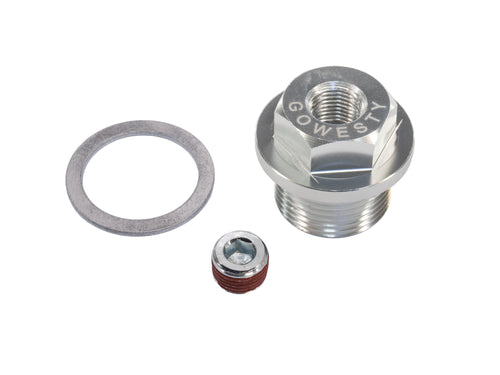
![Valve Adjustment Screw (10mm) [Bus & Late Vanagon]](http://gowesty.com/cdn/shop/files/GW-022-109-451_main.jpg?v=1746055481&width=500)
![Valve Cover Gasket [Late Bus & Early Vanagon]](http://gowesty.com/cdn/shop/products/full_85fee9a4103d88de632a44db0667e93a.jpg?v=1647382170&width=500)

![O-Ring for Push Rod Tube (Case End) [Bus/Early Vanagon]](http://gowesty.com/cdn/shop/products/021-109-345AV.jpg?v=1659722320&width=500)
![Engine Fuel Hose Replacement Kit [Bus/Vanagon]](http://gowesty.com/cdn/shop/products/GVW-FUELLINE2023V2.jpg?v=1771282301&width=500)
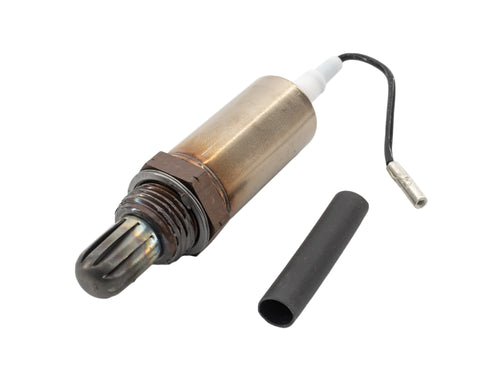
Gifting has never been easier
Perfect if you're short on time or are unable to deliver your gift yourself. Enter your message and select when to send it.